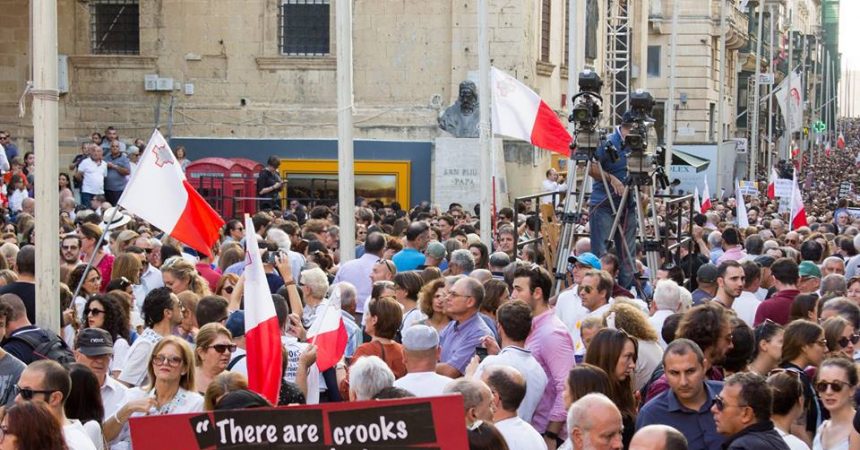It was one of those completely serendipitous moments. I was abroad on a business trip and discovered that an old Dutch friend of mine, a career diplomat whom I had not seen in years, happened to be in the same city that same evening. Text messages were hastily exchanged and dinner plans promptly made.
This was a mere couple of weeks after the June general election and my mood over dinner was fairly despondent, especially when he asked me about the situation back home.
Corruption, especially in public life, has become the order of the day, and everyone seems to become inured to the situation, I replied. Being a diplomat, he was already ahead of me on the news and seemed fully apprised of the situation. But, he asked, you make it sound like you’re not part of this situation that you claim you detest so much. No, of course I’m not, I replied defensively.
Oh, he smiled wryly, so you pay all your taxes all the time, down to your last parking ticket, and you never use your name or position to get something you want? So long as you turn a blind eye to your own rule-bending you can’t expect everyone else to, he observed. I couldn’t argue with that. I chewed the rim of my cocktail glass, took a long sip of my drink, and was forced to acknowledge that he was perfectly right.
I was reminded of this conversation more than once in the last few weeks. Since that fateful 16th October, we’ve seen an outpouring of condemnation at the corruption, cronyism and impunity that has come to define this country. There has been a small but vocal minority that has made this view known in a variety of protests, marches and sit-ins. This is, of course, good.
In a country where, effectively, a woman needs to be blasted to pieces before people feel compelled to take to the streets to make their views known, any form of protest against corruption can only be a positive development.
There has however been a common theme running throughout; the underlying premise that corruption is something that someone else is doing, and not something in which we are involved ourselves. It explains, to a large extent, why taking the powers that be to task for their corrupt ways has not been something that we have needed to speak out about before now; that was something that someone else did. It explains how, now that someone else is no longer there to speak out against it, we have flooded her next of kin with exhortations to keep the torch burning and to carry on where she left off.
But that is not how it works, and no change can come of a system where we all carry on with our own small acts of corruption and obligingly turn a blind eye to each other’s. Things like that entirely justified roof extension we constructed last summer, and that entirely unnecessary VAT we sliced off that last purchase we made, and that entirely innocuous phone call we made to our friend Joe at the Department of Whatever to make sure our application was processed quickly. Because corruption only thrives where it finds fertile ground to do so, and until we admit that our own mini corrupt ways are the very fuel that nudges along a system that allows greater and worse things to pass by with impunity, then all our protesting counts for nothing.
The people we have elected to government are nothing more than an extension of ourselves, but on a magnified scale and with a more varied ‘Corruption Toolkit’ arsenal at their fingertips.
Corruption in Maltese society is chronic and endemic, and no amount of tinkering with the Constitution, or shouting in the streets until we’re hoarse, or calling for heads to roll, will solve anything as long as we remain entrenched in denial at the fact that we are ourselves the problem. To achieve change, well, we need to start by having a long, hard look at ourselves.













